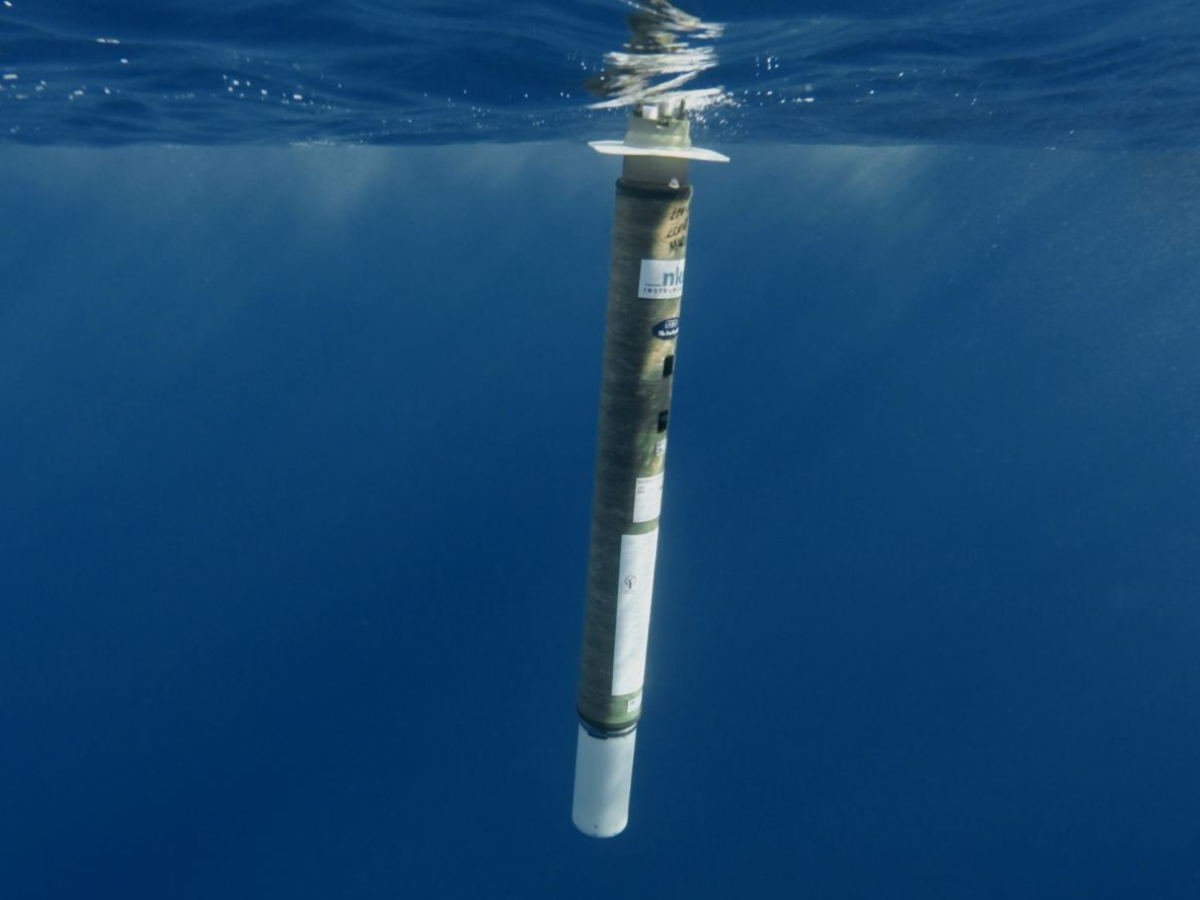
Argo Italy
European contribution to the international Argo programme
Euro-Argo ERIC is a European research infrastructure that coordinates and supports Europe’s contribution to the international Argo programme, the global ocean monitoring system based on autonomous profiling floats. Established in 2014, Euro-Argo operates as a European Research Infrastructure Consortium (ERIC), coordinating the efforts of 12 member states to manage approximately 25% of the global Argo float network. The consortium ensures the active maintenance of around 800 floats through the annual deployment of 250 new instruments to replace those that have reached the end of their operational life. Observation activities are planned on a global scale, with particular attention given to European marginal seas and polar and subpolar regions, in line with the scientific and environmental priorities of the European Union. After an initial phase focused on physical measurements, Euro-Argo ERIC is now ready to take on new challenges aligned with both European and international scientific goals, including biogeochemical variables, and ocean depths greater than 2000 meters.
The international Argo program is closely linked to Euro-Argo, with which it shares infrastructure, data, and scientific objectives. Argo was launched in 1999 as a pilot project approved by the World Meteorological Organization’s Climate Research Program, the Global Ocean Observing System (GOOS), and the Intergovernmental Oceanographic Commission. The global Argo network consists of about 4,000 autonomous instruments distributed throughout the world’s oceans, transmitting information on the physical and biogeochemical properties of the oceans via satellite to data centers. These data are made available to the international scientific community and all interested users through the Argo Data Assembly Centers (DACs). A key strength of the Argo program is the free, real-time accessibility of data, accompanied by rigorous, internationally standardized quality controls. Thanks to an international collaboration that began in 2001 and involves over 30 countries, the Argo program has succeeded in creating the first global in-situ ocean observation network. The infrastructure is based on profiling floats that follow ocean currents and collect vertical profiles from the surface down to 2,000 or 6,000 meters every 5 to 10 days. The Argo network represents a long-term, cost-effective system for ocean monitoring. For the first time in the history of oceanography, its implementation has made real-time global ocean coverage possible. Additionally, Argo provides essential data for operational ocean monitoring and forecasting systems, significantly improving long-term predictions of both the atmosphere and the oceans.
Argo Italy is an integral part of Euro-Argo ERIC: it is the Italian program responsible for managing the Argo fleet and distributing the data collected by the floats operated by Italy. The National Institute of Oceanography and Applied Geophysics (OGS) is the research institute appointed by the Ministry of University and Research (MUR) to represent the national participation and plays a central role in coordinating the activities of the Argo Regional Center for the Mediterranean and Black Sea (MedArgo). Argo Italy plays a key role in providing Mediterranean data used by Copernicus for the development of essential marine products and downstream services. Argo Italy also contributes to observations in the Southern Ocean, providing added value with a particular focus on the Ross Sea.
Info




